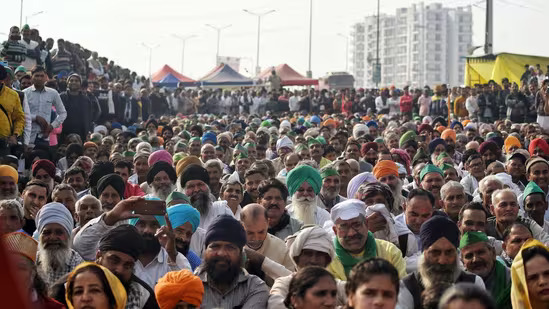
Recently I visited my grandparents’ village which is around 150 km away from my urban home town. While talking to one of my friends, I noticed one interesting phenomenon in rural India. That phenomenon is that marriage aspiring boys do not get a bride very easily if they don’t possess agricultural land. On the other hand, those married aspiring boys who possess agricultural land get the bride very easily.
When I asked whether this phenomenon is a recent one or was found 10-20 or 30 years back. They argued that 10 or 20 or 30 years back, even landless agricultural labour could easily get the bride. But now the situation has changed.
The above phenomenon could be explained in the context of recent covid-19 situations. Because of the onslaught of covid, we observed a huge migration from urban areas to rural areas. When these migrated people reached their hometowns, they did not have anything with them except their labour. In these migrated labour’s, those who had possessed the land were easily absorbed into the labour force. But those who did not possess the land, i.e. landless agriculture workers, were getting difficulty absorbing into the labour force.
So, in other words, it was very difficult for landless agricultural workers to get work in the rural economy. The parents of the bride witnessed this phenomenon. They have seen that those who possess the land, could easily manage their life in the pandemic situation. But those who were landless, could not manage their life during the pandemic situation. Thus, in the covid-19, situation, the possession of land again acted as a safety net. This safety is not available to landless agricultural labour. So, parents are interested in marrying their daughters to those who possess one extra safety net apart from the job.
To conclude, the pandemic covid-19 has again strengthened the significance of agricultural land as a safety net of life.


